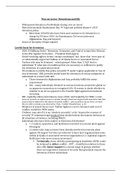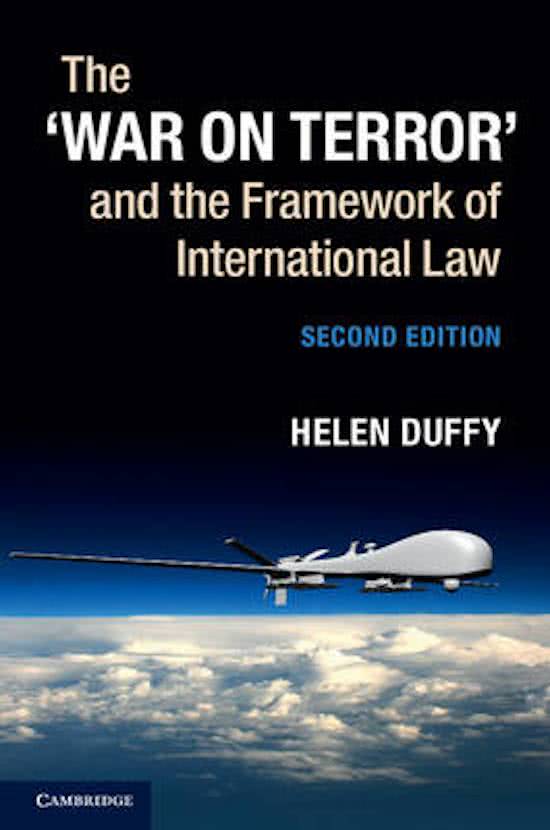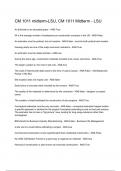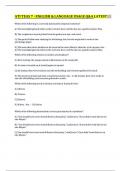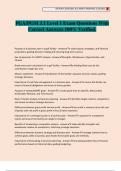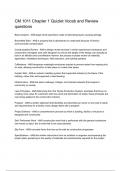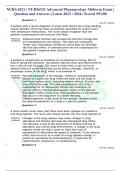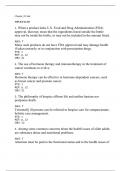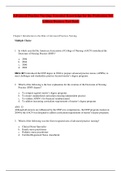College aantekeningen
IHL - Detention and the 'War on Terror' Notes
- Instelling
- Universiteit Leiden (UL)
In-depth class notes of course on Detention and 'War on Terror', covering topics such as liberty, torture, Guantanamo Bay and the status of terrorist suspects and actors.
[Meer zien]
